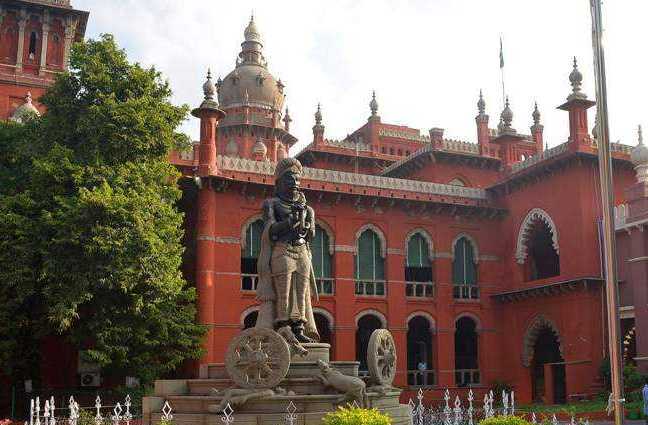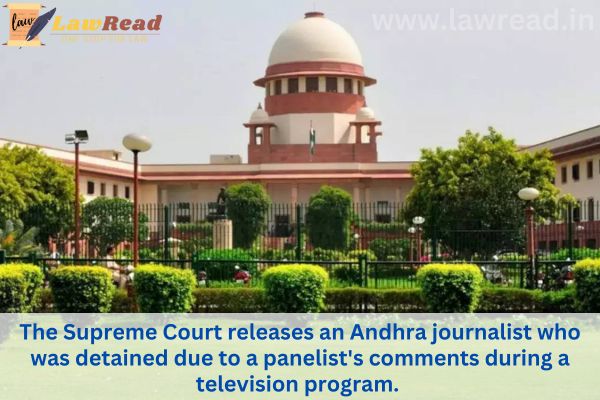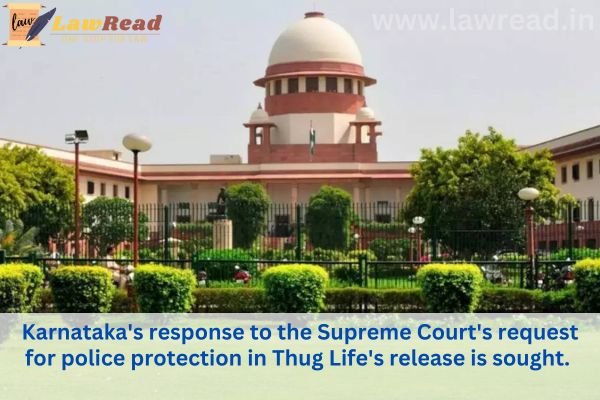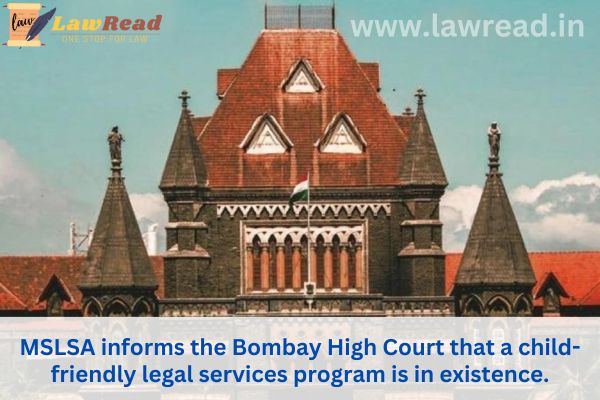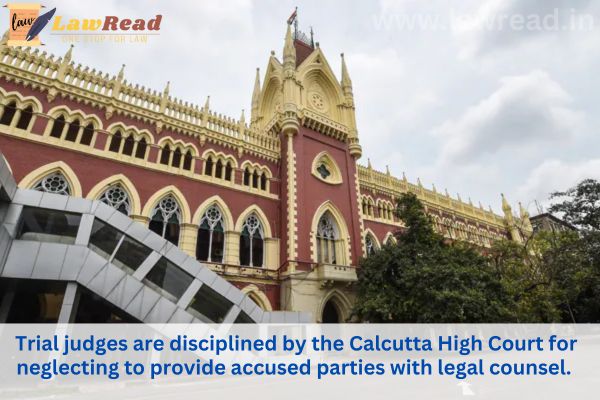News
Refer Nishikant Dubey's contempt case to the Attorney General and Supreme Court.
Some attorneys have written to the AG requesting authorization to bring contempt of court cases against Dubey under the Contempt of Courts Act in response to Dubey's remarks against CJI.
.jpg)
A lawyer was informed by the Supreme Court on Monday that in order to bring a contempt of court action against Nishikant Dubey, a member of parliament (MP) for the Bharatiya Janata Party, for his comments criticizing the Supreme Court and Chief Justice of India (CJI) Sanjiv Khanna, he would need to request permission from the Attorney General.
The attorney was informed by Justice AG Masih and Justice BR Gavai's bench that he would need to present a case to the AG.
Present your case before the AG. "He will grant permission," said Justice Gavai.
A private citizen can only file a contempt of court petition in the Supreme Court with the approval of the Attorney General or the Solicitor General, according the Contempt of Courts Act, 1971.
In an interview with Asian News International (ANI) last week, Dubey said that CJI Khanna was responsible for "all civil wars in the country."
Following his remarks, some attorneys had written to the AG requesting authorization to use the Contempt of Courts Act to bring contempt of court cases against Dubey.
Dubey's remarks coincide with a retaliation by BJP leaders against the judiciary, especially the highest court, for purportedly enacting laws through judicial rulings and adopting executive decisions.
Shortly after the top court intervened in the petitions against the Waqf Amendment Act, Dubey had targeted the CJI, which prompted the government to agree not to enforce certain of the contentious law's provisions.
Jagdeep Dhankar, the vice president and chairman of the Rajya Sabha, had previously claimed that judges in the nation are not subject to the law and are not held accountable.
Following the Supreme Court's recent ruling on the interpretation of the Governor and President of India's powers with regard to the passage of bills passed by State legislatures, Dhankar had made a jab at the court.

